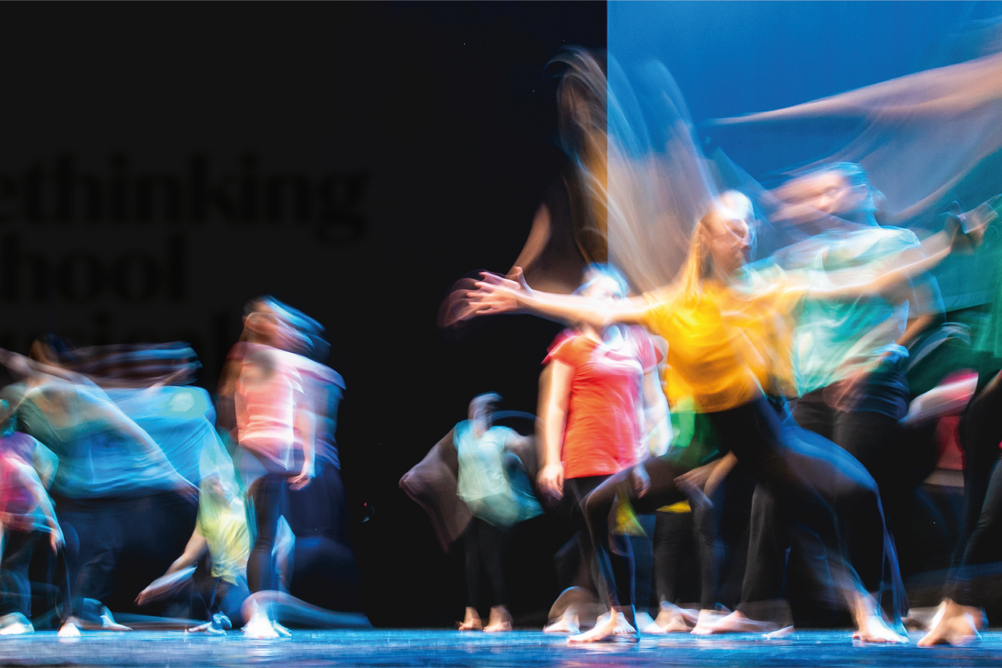When it comes to school productions, simplified versions of West End and Broadway shows often guarantee full houses. But are these familiar favourites the best choice for teenage performers? Tom Kirkham, co-founder and publishing director of The School Musicals Company, thinks there may be better options.

A school production is a unique way to unite a school community: performers, musicians, technicians, stage crew, artists, prop-makers, costumiers, parents, teachers, the finance department and the PTA. By the time the long-rehearsed and much anticipated show takes to the stage, it's probably easier to count those not involved than those who are. And who wouldn't be excited by a production of Grease, Beauty and the Beast or The Addams Family? These beloved musicals feature timeless songs and iconic moments. They're tried and tested, providing opportunities for performers to showcase their talents, while picturing themselves on stage at the West End. But are they always the best choice?
Register now to continue reading
Register to the Drama & Theatre website today and gain access to all the latest news and developments from the world of drama education.
By registering you will receive:
-
Free access to 4 subscriber-only articles per month
-
Unlimited access to news and opinion on our website
Already have an account? Sign in here
